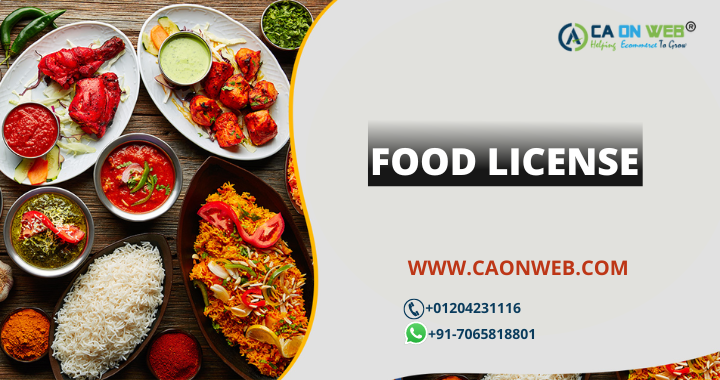In this digital age, it has become increasingly popular for individuals to supplement their income or pursue their culinary passions by selling homemade food items from their homes. However, navigating the legal requirements for doing so can be a daunting task. This article aims to provide a comprehensive guide to help you obtain the necessary license to sell food from home in your area.

Image: blog.caonweb.com
Selling food from your home requires adherence to specific regulations and standards to ensure the safety of consumers. These regulations vary from state to state, but generally involve obtaining a permit or license from the local health department.
Types of Food Production
The type of food you plan to sell will determine the specific requirements for obtaining a license. Here are two main categories of home-based food production:
Cottage Food Operations
Cottage food operations are typically small-scale businesses that produce non-potentially hazardous foods, such as baked goods, jams, and jellies. Regulations for cottage food operations may be less stringent than those for other types of food production.
Home-Based Catering and Prepared Food Businesses
These businesses prepare and sell potentially hazardous foods, such as cooked meals, salads, and meat products. They are subject to more stringent regulations, including inspections of the kitchen and food storage facilities.

Image: madammakestyle.blogspot.com
Step-by-Step Guide to Obtaining a License
The process for obtaining a food sale license from home varies by location. However, here is a general overview of the steps involved:
- Contact your local health department: Inquire about the specific requirements for selling food from home in your area.
- Complete an application: Submit the necessary paperwork to the health department, typically including a business plan and a description of your food production process.
- Undergo an inspection: A health inspector will visit your home to assess your kitchen and food storage facilities for compliance with safety regulations.
- Obtain a license: Once your premises have been approved, you will be issued a license to operate your home-based food business.
- Renew your license: Licenses are typically valid for a limited period and must be renewed periodically.
Expert Tips for Success
To ensure a successful home-based food business, consider these tips:
- Maintain a clean and organized kitchen: Hygiene is paramount in food preparation, so make sure your kitchen is well-maintained and free from hazards.
- Follow proper food handling procedures: Implement HACCP (Hazard Analysis and Critical Control Points) principles to minimize the risk of foodborne illness.
- Label and package food properly: Include clear labeling with ingredient lists, nutritional information, and storage instructions.
- Price your products competitively: Research similar businesses in your area to determine fair and profitable pricing for your homemade foods.
- Promote your business effectively: Use social media, online marketplaces, and word-of-mouth to reach potential customers.
Frequently Asked Questions
Here are some commonly asked questions about selling food from home:
Q: What are the potential penalties for selling food from home without a license?
A: Fines, cease-and-desist orders, and even criminal charges are possible consequences for operating an unlicensed food business.
Q: Can I sell food from home if I have a shared kitchen?
A: Shared kitchens may be permitted in some areas, but it is essential to check with your local health department for specific regulations.
Q: What is the difference between a cottage food permit and a food establishment permit?
A: Cottage food permits are generally for small-scale production of non-potentially hazardous foods, while food establishment permits cover the production and sale of a broader range of food items.
How To Get A License To Sell Food From Home
Conclusion
Obtaining a license to sell food from home empowers individuals to start a small business while sharing their culinary creations with their community. By following the steps outlined in this guide and adhering to best practices, you can navigate the regulatory process and ensure the safety and success of your home-based food venture.
Selling food from home can be a rewarding and fulfilling experience. If you are passionate about cooking and eager to share your homemade delicacies, we encourage you to explore the possibilities and consider obtaining a license to sell food from home.